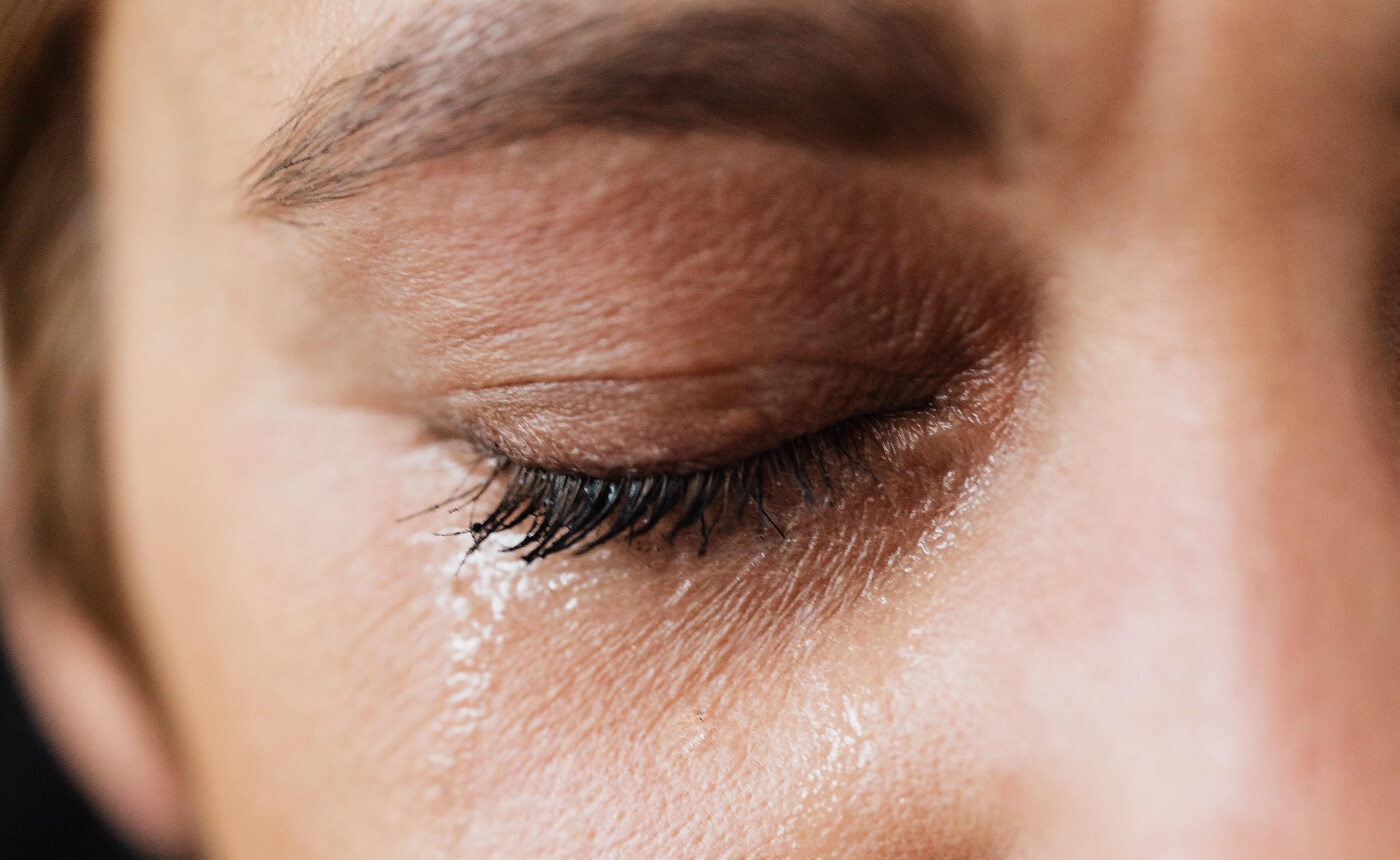Mental health issues have been an ongoing struggle for many people during the pandemic, with our ability to socialise restricted and our usual routines abruptly disrupted. But for sufferers of Covid-19, mental health issues could actually be a direct side-effect of contracting the virus.
On November 13th, the Centers for Disease Control and Prevention (CDC) in the United States listed depression as a long-term side-effect for people who survive Covid-19. This comes alongside other neurological side effects, such as smell and taste problems, sleep issues, difficulty with concentration, and memory problems.

Although the fact that coronavirus has only been at large for a little over a year means that research is still in its early days, studies show that it can have long-term effects on the nervous system.
The way that the virus attacks the respiratory system also means that the levels of oxygen in the brain are restricted in advanced cases of the virus.
The brain being deprived from oxygen for long periods of time can have dangerous and long-lasting neurological effects, even if the virus itself is overcome.
A study done in Chicago revealed that over 80% of 419 patients had neurological manifestations at some point during the course of the virus. Although neurologic damage is, of course, not the same as depression itself, there have been connections drawn between the two.
What’s more, the long-term side effects of Covid-19, both mental and physical, will likely result in ongoing mental health struggles for years to come.
With such dramatic life changes going on, it stands to reason that rates of depression in Covid-19 survivors might increase.
Indeed, people have already reported experiencing depression following a positive coronavirus diagnosis. Surviving a life-threatening virus is a tough battle, so it’s only natural that your mental health might show the strain, even after someone has recovered from the virus itself.
The overall stress of the pandemic has also meant that overall rates of depression in the UK have more than doubled between July 2019 and March 2020, according to the Office for National Statistics.
Whether someone has contracted the virus or not, the knock-on effects of the pandemic on our mental health is only to be expected.
With ongoing research still continuing as to whether there is a physical connection between contracting the virus and experiencing depression, we need to stand ready to support those encountering mental health obstacles following the pandemic and for years to come.
If you or someone you know is looking for support in the face of depression, the NHS has a collection of resources and charities that can help you.
Know that you are not alone, and do your best to be there for those around you.



